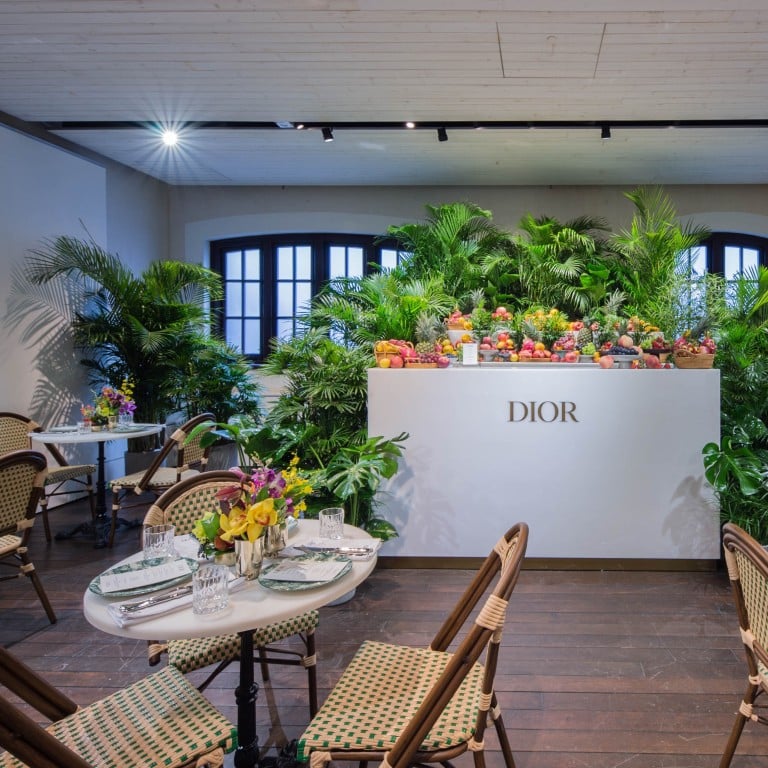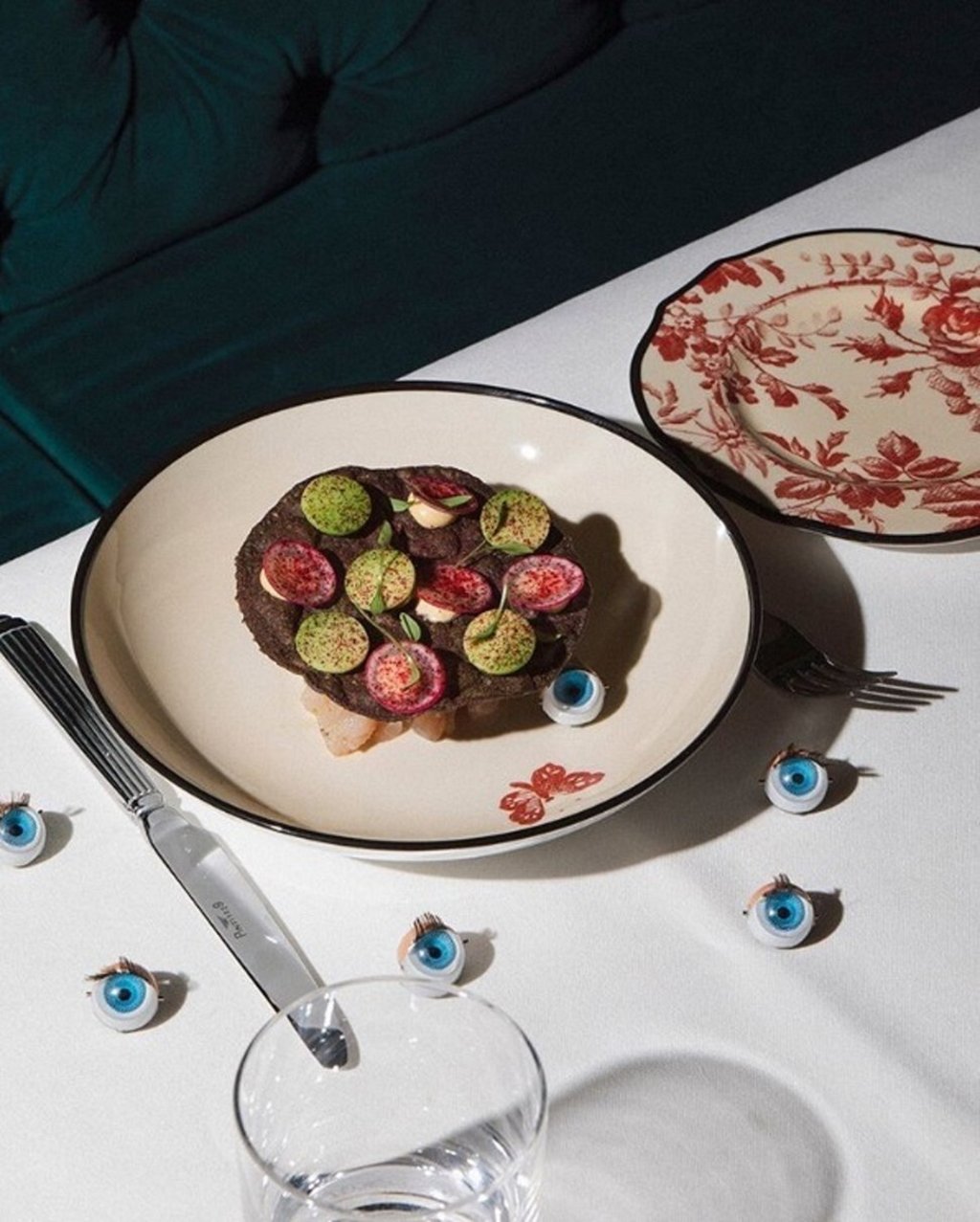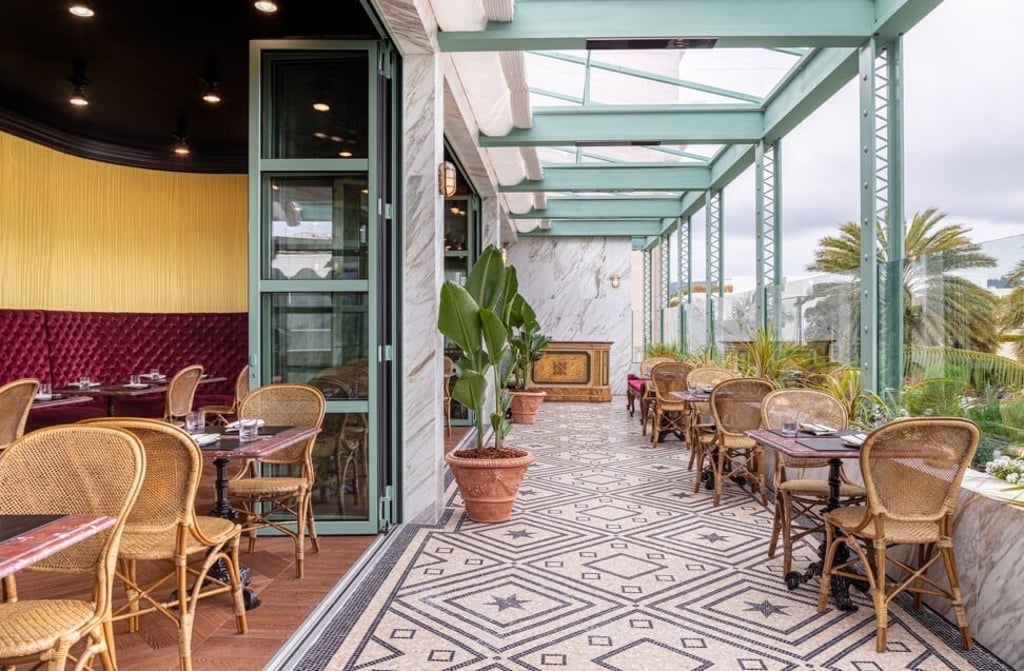Louis Vuitton, Gucci, Dior, Tiffany & Co. ... which luxury brands have restaurants with Michelin-starred chefs or hotels in Tokyo, Osaka, Shanghai, Seoul and Hong Kong?

High-end fashion houses are adding restaurants with celebrity chefs and hospitality to retail outlets as they look for new ways to engage more with customers – and the trend for immersive experiences is hottest in Asia, the key region driving growth in luxury
Luxury fashion brands see Asia as key to their continued growth, pandemic or no pandemic. In recent years that has seen them experiment with ways to broaden their engagement with customers, extending to the launch of hospitality concepts, most often in conjunction with existing retail spaces.

Next to Sugalabo V, a separate cafe concept called Le Café V welcomes guests in spaces curated with furnishings like Campana’s cocoon chairs, part of Vuitton’s travel-inspired Objets Nomades collection. Along with a spacious outdoor terrace and bar, Le Café V is the perfect spot for consumers to relax and experience the brand beyond its lines of apparel and accessories.
“The movement in luxury brands developing experiential extensions, particularly in the hospitality sector, has been a response to shifting consumer priorities … This is a longer term shift in consumer-to-brand relationships and the concept of value. Asia is poised to move faster in the delivery of this change, offering an opportunity to lead the future of luxury”, says Georgia Fendley, founder and creative director of Construct, a branding and communications agency that works with both hospitality and fashion brands.

This may be Louis Vuitton’s entrée in the Japanese culinary scene but it will not be its last venture, according to Michael Burke, chairman and chief executive officer of Louis Vuitton. Eateries and even hotels could be part of the brand’s future expansion strategy.
Gucci is another brand active in this space, being set to open another Osteria in Ginza, Tokyo, spearheaded by three-Michelin-star chef Massimo Bottura, following successful restaurant openings in Florence and Los Angeles.
The second largest luxury market in the world, Japanese shoppers spent 3.6 trillion yen (US$33 billion) on luxury goods in 2018, according to digital marketing agency Info Cubic Japan, motivating brands to evolve strategies to engage customers offline and explore new hospitality concepts. In addition, Mordor Intelligence reported a threefold jump of inbound tourism from 2013 to 2018 in Japan, driving Japan’s thriving food service market.